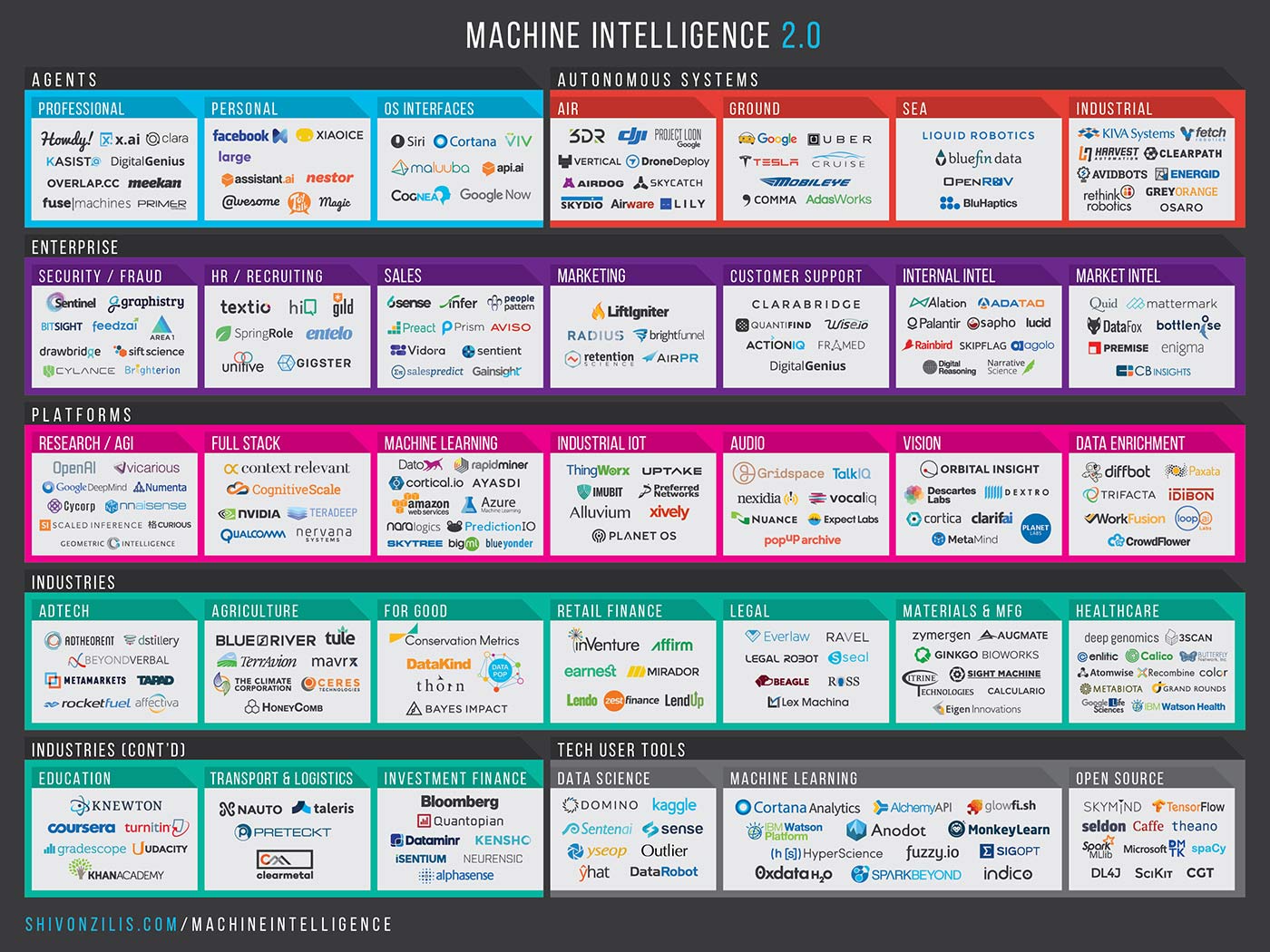Democracy.
George Orwell’s dystopian novel, 1984, was based on the mistaken notion that high tech would always be so expensive that it would be controlled by the government. Modern smart phones are simply the latest and greatest innovation that make it increasingly hard for totalitarian governments to continue to fool their people.
1984 contained the foremost prophecy of the cold war era, the message that Stalinism was unstoppable, and all individual liberty would be lost. The year 1984 became a symbol of future anxiety, and many feared its arrival with the same dread that people of the dark ages felt as they approached the end of the first millennium, when the world was predicted to end. I’m old enough that I read 1984 in 1960; I recall the slow approach of the year 1984 and the concern that was strongly felt at that time.
…
Orwell’s error was remarkably simple and easily identifiable: he assumed that advanced technology would always be expensive, and therefore affordable only to the state. It was an assumption shared by virtually every prophet and science-fiction writer, but it has proven to be wrong. A surprisingly large fraction of high technology has become cheap. As late as the 1970s, the driving force for electronic technology was the military; now the military has difficulty getting the electronics industry to pay attention to their needs, since they are small compared to the consumer market. The cheapness of photography and printers have made them an alternative to the printing-press; most of the books I read on my Kindle. Few of us can even count the number of computers we own, because we don’t know how many are hidden in our microwave ovens and our automobiles. But it is the technology of information and communications that has really made tyranny unworkable, and may soon make it obsolete. This is the true technology of liberation.
To be sure, technology has introduced problems. Like anything else that is out of control, it does not always lead us where we want to go. But at a time that technology is frequently under attack, it is worthwhile to think about its role in spreading truth. It has proven to be too cheap to be directed by governments. It was not Stalinism, but the spread of information that proved to be unstoppable. If, in fact, democracy does spread across the world, let us not forget to notice this contributing force, led (I predict) by the smart phone and its progeny.
Note: this essay draws heavily from one I wrote in 1991 (I own the copyright, so I freely take paragraphs from it) which still appears on my personal website,www.muller.lbl.gov. It continues to be relevant today.


